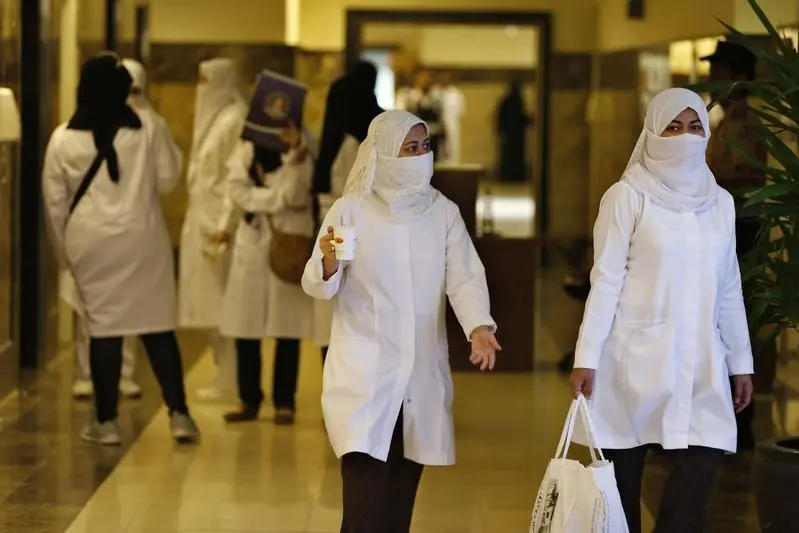PHOTO
Mohammed Rasoolden
Riyadh - Hajj operations are monitored by a special epidemic control team comprising officials from the Saudi Health Ministry and the World Health Organization (WHO) to ensure there is no epidemic outbreak, Mahmoud Fikri, director of the WHO’s Eastern Mediterranean office, told Arab News on Thursday.
“The ministry has formed a joint team with more than six WHO specialists in epidemiology and disease control, who are supported by a band of local and international health officials to enforce epidemic control over the pilgrims who will be coming for Hajj this year,” Fikri said.
“The joint team will carefully monitor the movement of pilgrims and their health conditions, and would intervene if and when necessary to treat patients upon detection of disease.”
The ministry has told all Saudi missions abroad to issue Hajj visas only to those who comply with medical and immunization requirements stipulated by the ministry.
Vaccination against meningitis has been made compulsory for all local and foreign Hajj pilgrims, and an influenza shot is advised.
Pilgrims have also been advised to have vaccinations against yellow fever and cholera if they are traveling from endemic countries.
Arab Parliament speaker lauds Saudi anti-cholera efforts in Yemen
Arab Parliament Speaker Meshaal Al-Salami on Friday praised Saudi efforts to combat the cholera epidemic in Yemen.
He lauded deals signed between the King Salman Center for Relief and Humanitarian Aid (KSRelief) on the one hand, and the World Health Organization (WHO) and UNICEF on the other.
He called on the international community, the UN Security Council, and Arab, Islamic and international relief organizations to support efforts to combat the epidemic and deliver aid to affected areas in Yemen.
© Arab News 2017





















